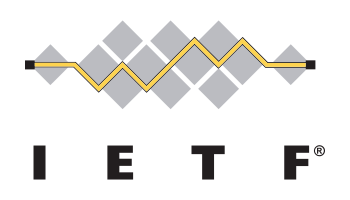As you may know, there are two laws currently being discussed in Canadian legislative assemblies:
- Senate Bill S-220 – a private member's bill with private right of action & criminal remedies
- Parliamentary Bill C-27 – tabled by the government, with private right of action, coordination between various enforcement agencies, civil remedies. My colleague and fellow CAUCE board member Matt Vernhout gave a nice break-down of this law, here
Both bills have been given two of three readings in their respective bodies, and referred to committee. This is the normal course of procedure prior to a 3rd and final reading and vote, after which they are sent on the the other legislative assembly for two reading, committee and votes.
It is too early to predict the outcome of either of the competing bills, or how/if they will accommodate one-another, but I am told the bills will survive the House rising for the summer break, provided the government does not fall, i.e. if there is an election.
In Canada that is not a given, we have elections at somewhat irregular intervals (the Government can call one, but there is a limit of four years or so between them) since we have a kind of Mexican Stand-off (that phrase does have a new sub-text these days, come to think of it), with a minority government situation wherein the Conservative government, with slim majority, cannot survive a failed vote of confidence, should the other three parties (the Liberals, the New Democratic Party, and the Bloque Quebecoise) decide to vote them down.
That said, the Liberal Party (the most likely successor to a Conservative government) just recently had a leadership convention, and will need time to get their platform and strategy together (and need to settle down a little nannygate imbroglio), so, failing higher priority legislation, it looks to my eyes as if C-27 will be the winning horse in this race, and little insider birds up on Parliament Hill indicate the end of the year for passing the bill, and early next year for implementation.
Huzzah!

















